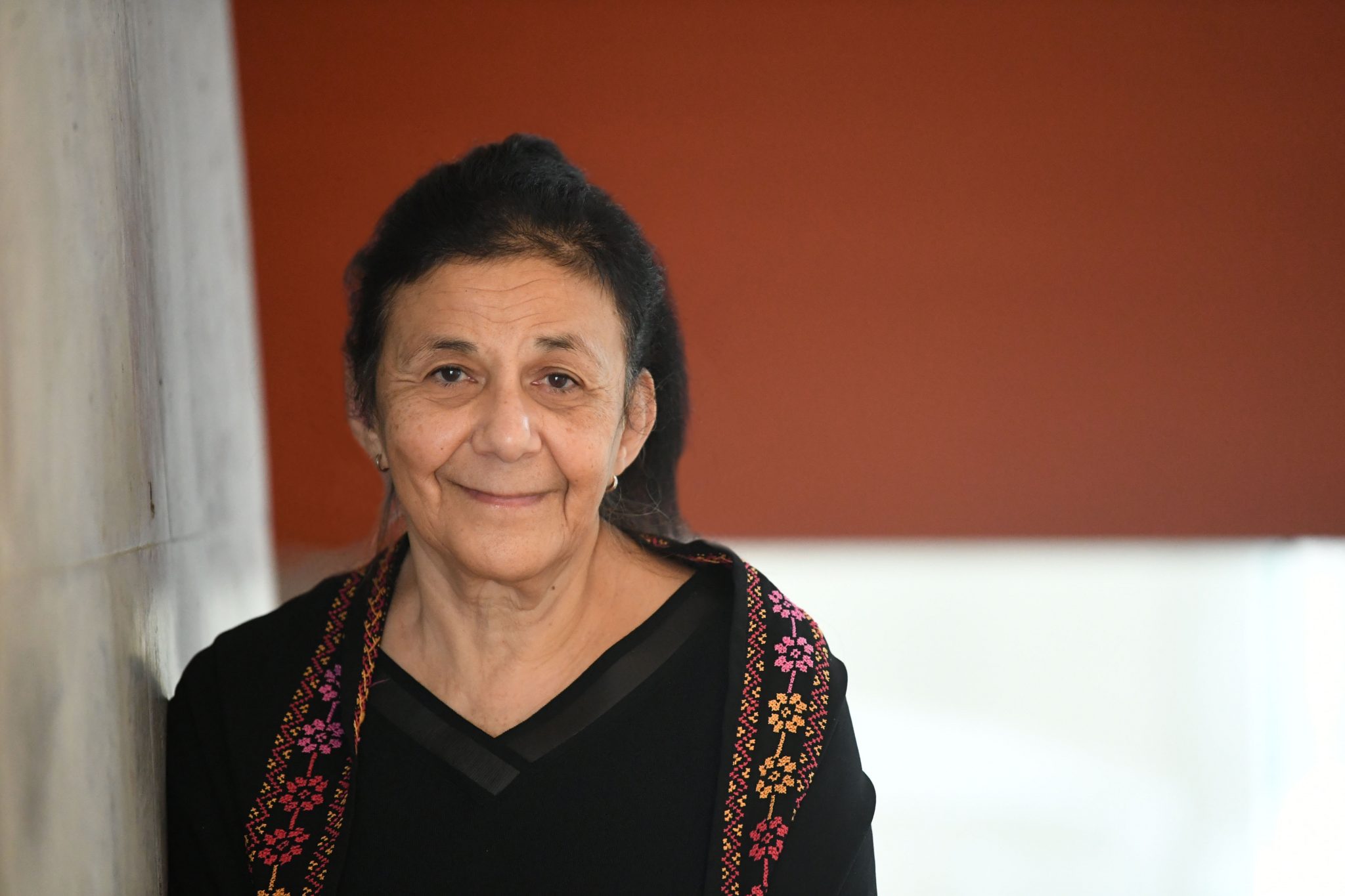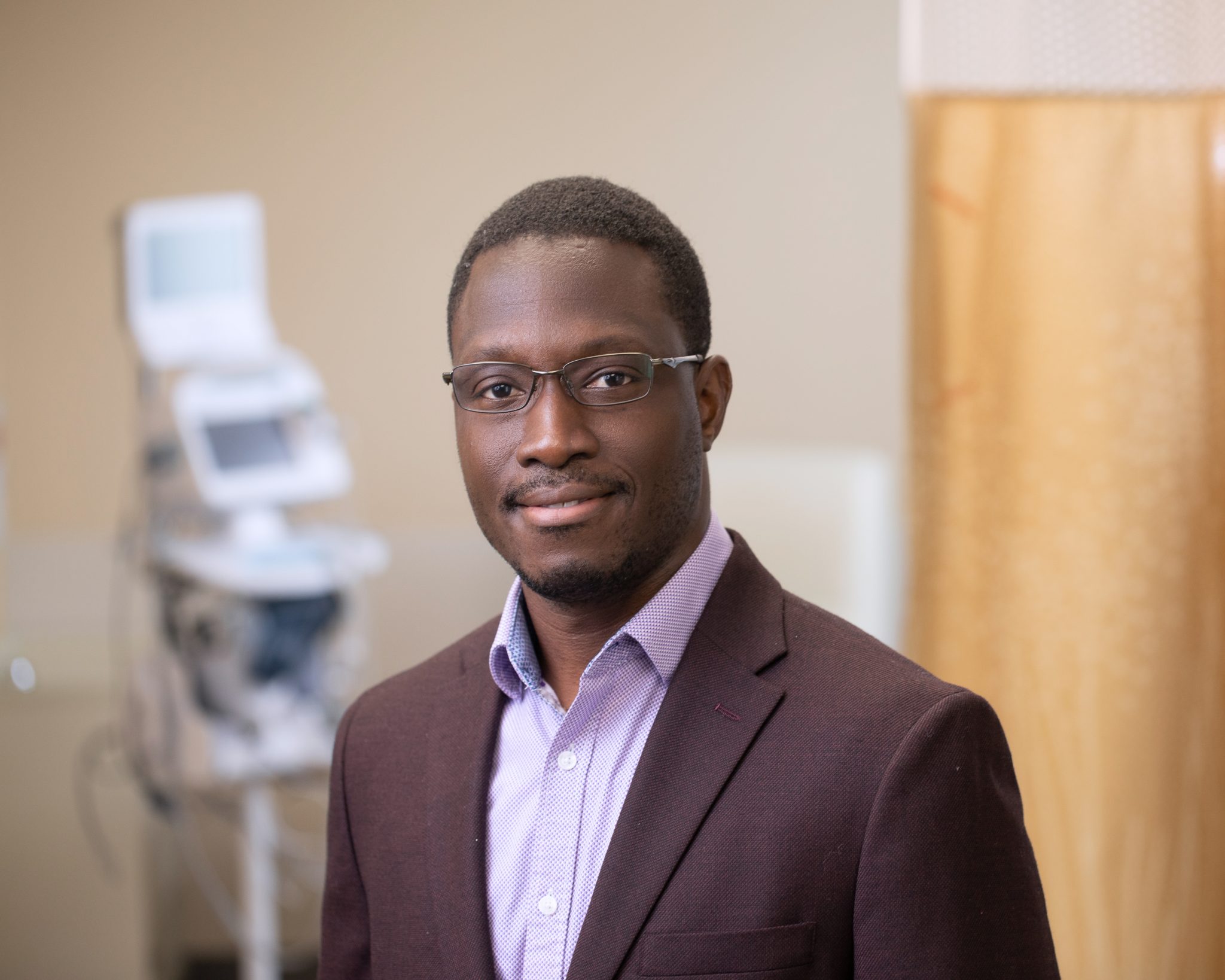Join The Africa Center for an important discussion about the COVID vaccine with African leaders in science.
People of African descent have historically been leaders and innovators in science, research, medicine and public health. The legacies of colonialism and systemic racism also continue to perpetuate mistrust between people of African descent and medical systems. In recognition of these two truths existing simultaneously, Hope? Fear? Trust?: African Leaders in Science & the COVID Vaccine will feature a discussion between African leaders in science who will share insight into the mistrust and inequality that continues to be present within conversations and beliefs around coronavirus vaccine distribution among people of African descent. Within the context of COVID, this discussion will explore the nuances left out of mainstream narratives about people of African descent and how we interact with health systems. Panelists include Dr. Wafaa El-Sadr, founder and director of ICAP at Columbia University; Dr. Onyema Ogbuagu who leads Yale’s clinical studies around COVID and; Dr. Aya Osman, a behavioral scientist who is spearheading a series highlighting research exploring the profound and diverse impacts of racism on the health of Black people in the U.S. Panelists will share how they are responding to COVID in their specific communities and around the world and answer questions from the audience. The conversation will be moderated by Dr. Uzodinma Iweala, The Africa Center’s CEO.
 Wafaa El-Sadr, MD, MPH, MPA, is the founder and director of ICAP at Columbia University, University Professor of Epidemiology and Medicine and Mathilde Krim-amfAR Professor of Global Health at Columbia University. ICAP, the Center she founded and directs, supports large-scale health programs in more than 30 countries around the world that integrate research, education, training and program design, implementation, scale-up and evaluation. ICAP has longstanding history of work in New York City with two community research sites in Harlem and the Bronx, working hand-in-hand with community-based organizations. ICAP work is focused on confronting major public health challenges, including most recently the COVID-19 pandemic.
Wafaa El-Sadr, MD, MPH, MPA, is the founder and director of ICAP at Columbia University, University Professor of Epidemiology and Medicine and Mathilde Krim-amfAR Professor of Global Health at Columbia University. ICAP, the Center she founded and directs, supports large-scale health programs in more than 30 countries around the world that integrate research, education, training and program design, implementation, scale-up and evaluation. ICAP has longstanding history of work in New York City with two community research sites in Harlem and the Bronx, working hand-in-hand with community-based organizations. ICAP work is focused on confronting major public health challenges, including most recently the COVID-19 pandemic.
Dr. El-Sadr received her medical degree from Cairo University in Egypt, a masters degree in public health (Epidemiology) from Columbia Mailman School of Public Health and a masters degree in public administration from the Harvard University Kennedy School of Government. She was named a McArthur fellow in 2008, is a member of the National Academy of Medicine in 2009 and a fellow of the African Academy of Sciences in 2018.

Onyema Ogbuagu, MBBCh, is an infectious diseases specialist who cares for patients who are affected by or at risk for HIV/AIDS, and directs Yale AIDS Program HIV clinical trials research. He also provides care for COVID-19 patients and leads Yale’s clinical studies around COVID-19.
Dr. Ogbuagu was drawn to infectious diseases by the intellectual challenges, but he quickly started to appreciate the rewards he experienced in patient care. “I trained in Nigeria, where you see lot of disease and suffering and late presentations, and you are working in a resource-limited space where you feel that if things were better, people would survive,” he says. He found similar issues in the United States, where HIV often affects people who struggle socioeconomically, and are stigmatized and neglected in society. “You get that deep desire to make a difference, save lives, make suffering better, and heal people, and you can offer services to a vulnerable population,” he says.
One of a doctor’s most important roles is to reassure patients, Dr. Ogbuagu says, and information often helps. “For HIV, we are able to tell people now that treatments have evolved to the point where most people with the virus have a normal life expectancy—all you need to do is take your medicine to keep the virus at bay. For COVID, I remind patients that the majority of people have good outcomes, even among the elderly, so that is in their favor.” He adds that patients at Yale who enroll in clinical trials have the advantage of access to potentially effective therapies before they are FDA-approved.
In addition to his work at Yale, Dr. Ogbuagu contributes to creating sustainable patient care, supporting training, and furthering research activities and patient services in Liberia and Rwanda. “I’ve trained a whole generation of physicians in Rwanda, and the first infectious disease fellow ever in Liberia. I think we are making some steps in the right direction,” he says.
 Aya Osman, PhD, is a behavioral neuroscientist currently in her third year of postdoctoral training at the Friedman Brain Institute at Icahn School of Medicine at Mount Sinai, New York. She is studying the connection between the gut and the brain (called the gut-brain axis) in a range of neuropsychiatric conditions including addiction and autism, with a special focus on the immune system as a mediator of this connection. She has several high impact papers currently under review on these topics and was awarded the Seaver Foundation Postdoctoral Fellowship in 2018. Before embarking on her PhD and subsequent postdoctoral research journey, she completed an MSc in Toxicology and worked for the governmental body Public Health England in the UK as a toxicologist for 2 years. Here, part of her work focused on publishing a guidance document on health system preparedness in collaboration with the World Health organization.
Aya Osman, PhD, is a behavioral neuroscientist currently in her third year of postdoctoral training at the Friedman Brain Institute at Icahn School of Medicine at Mount Sinai, New York. She is studying the connection between the gut and the brain (called the gut-brain axis) in a range of neuropsychiatric conditions including addiction and autism, with a special focus on the immune system as a mediator of this connection. She has several high impact papers currently under review on these topics and was awarded the Seaver Foundation Postdoctoral Fellowship in 2018. Before embarking on her PhD and subsequent postdoctoral research journey, she completed an MSc in Toxicology and worked for the governmental body Public Health England in the UK as a toxicologist for 2 years. Here, part of her work focused on publishing a guidance document on health system preparedness in collaboration with the World Health organization.
In addition to her career as a researcher Dr Osman is a passionate science communicator utilizing multiple social media platforms to communicate science to a lay audience in a manageable format. Her combination of scientific research skills, experience in public health and passion for science communication have paved the way for her in engaging with the public and addressing concerns relating to the Covid-19 pandemic as well as the current vaccines, not only on social media but also through engaging with community leaders having presented in several New York City District meetings. Dr. Osman is also spearheading a seminar series focused on highlighting research exploring the profound and diverse impacts of racism experienced by the black community on health. This series launched in January 2020 and attracted an international audience of over 500 participants for its first session.